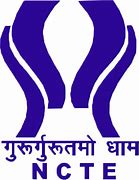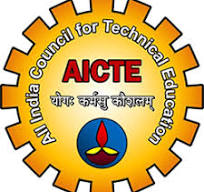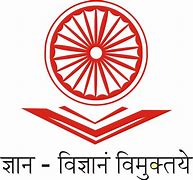- 06274-251001
- mmhttc@gmail.com
- Contact Us
- Gallery
















India is a country of diversity. It is a hub of different religions, castes and cultures. However, the Indian society is characterized by a highly entrenched system of social stratification. These social inequalities created barriers to accessing material, cultural, and educational resources for disadvantaged groups. These groups include SCs, STs, women, OBC (non-creamy layer), minorities, and physically challenged persons. Demographic factors clearly indicate that a large section of the population remains disadvantaged and marginalized.
Since higher education is a tool for social and economic equality, the UGC has been addressing national concerns of access and equality, while ensuring quality and relevance of education. It does so by implementing policies of the Government of India and promoting several schemes and programmes for disadvantaged groups, thereby helping to eliminate social disparities.
India is potentially rich in human resources. To fully harvest this potential and make the education system inclusive, the degree of democratization of higher education must be increased significantly. Colleges should also become more responsive to the needs and constraints of disadvantaged social groups. In line with this vision, the UGC has planned to establish Equal Opportunity Centres (EOC) in colleges and universities.
The broad aims and objectives of EOCs are to:
(Source: UGC Guidelines for Scheme of Equal Opportunity Centre for Colleges, XII Plan 2012–2017, p.1)
According to the UGC Guidelines and the letter of the Secretary, UGC, dated 26th January 2016, the primary functions of the Equal Opportunity Centre (EOC) are centered on promoting inclusivity and addressing social disparities within higher education institutions. The EOC works to sensitize universities and colleges about the challenges faced by marginalized and disadvantaged groups, ensuring that they can improve not only their academic performance but also their participation in broader aspects of life. At the same time, it aims to raise awareness among the mainstream sections of society regarding the issues affecting marginalized communities.
The EOC also plays a vital role in monitoring government schemes and policies—both at the national and state levels—related to disadvantaged groups. Furthermore, it ensures the effective functioning of SC/ST Cells, as mandated in the DoPT Brochure on Reservation for SC, ST, and Other Backward Classes in Services. In addition, the EOC serves as an important tool for gender sensitization, actively encouraging participation in socially relevant activities organized by universities, colleges, and the National Service Scheme (NSS).